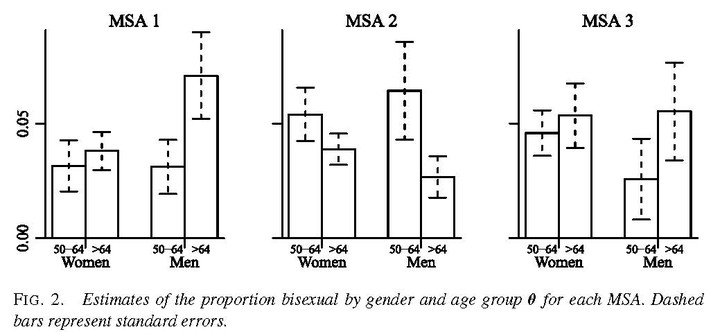A Simulation-Based Framework for Assessing the Feasibility of Respondent-Driven Sampling for Estimating Characteristics in Populations of Lesbian, Gay and Bisexual Older Adults

Abstract
Respondent-driven sampling (RDS) is a method for sampling from a target population by leveraging social connections. RDS is invaluable to the study of hard-to-reach populations. However, RDS is costly and can be infeasible. RDS is infeasible when RDS point estimators have small effective sample sizes (large design effects) or when RDS interval estimators have large confidence intervals relative to estimates obtained in previous studies or poor coverage. As a result, researchers need tools to assess whether or not estimation of certain characteristics of interest for specific populations is feasible in advance. In this paper, we develop a simulation-based framework for using pilot data—in the form of a convenience sample of aggregated, egocentric data and estimates of subpopulation sizes within the target population—to assess whether or not RDS is feasible for estimating characteristics of a target population. In doing so, we assume that more is known about egos than alters in the pilot data, which is often the case with aggregated, egocentric data in practice. We build on existing methods for estimating the structure of social networks from aggregated, egocentric sample data and estimates of subpopulation sizes within the target population. We apply this framework to assess the feasibility of estimating the proportion male, proportion bisexual, proportion depressed and proportion infected with HIV/AIDS within three spatially distinct target populations of older lesbian, gay and bisexual adults using pilot data from the Caring and Aging with Pride Study and the Gallup Daily Tracking Survey. We conclude that using an RDS sample of 300 subjects is infeasible for estimating the proportion male, but feasible for estimating the proportion bisexual, proportion depressed and proportion infected with HIV/AIDS in all three target populations.